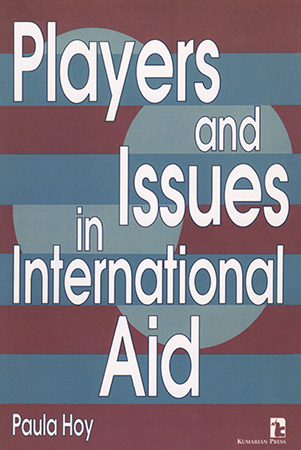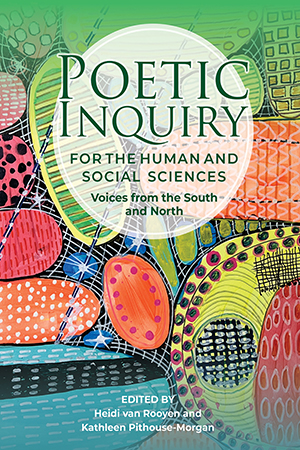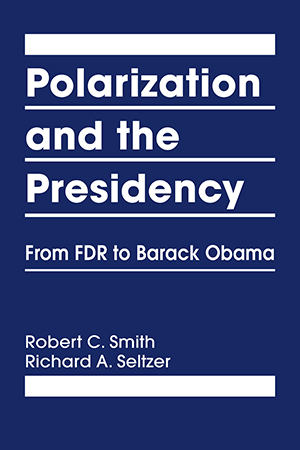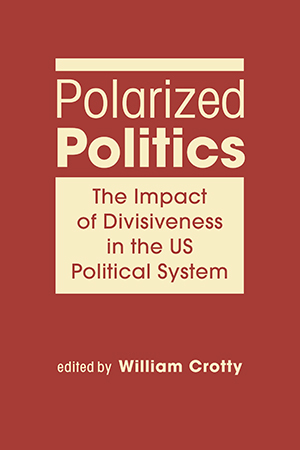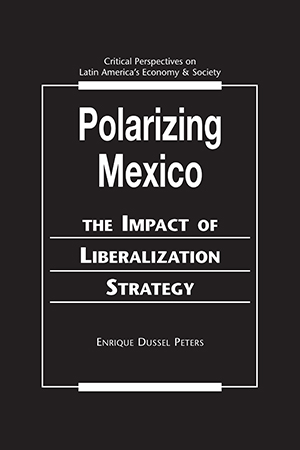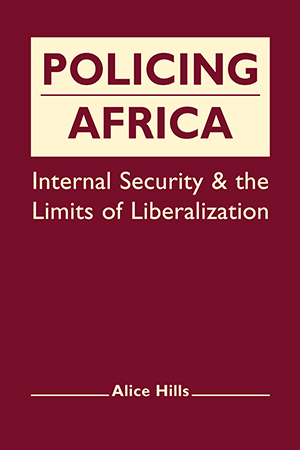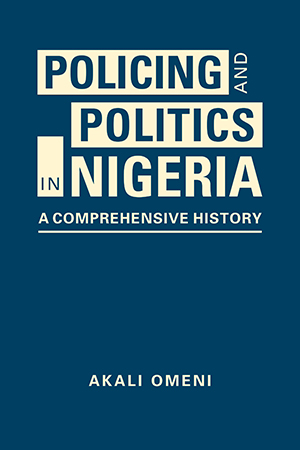BOOKS
Russia's full-scale invasion of Ukraine precipitated a tectonic shift in European security dynamics, ending a relatively peaceful post–Cold War phase and moving the epicenter of More >
Paula Hoy provides a one-stop source of vital information on the politics, players, and issues surrounding international development assistance. More >
Includes The Wisdom of Solomon, King Oedipus, Shahrazad, Princess Sunshine, and Angels’ Prayer. More >
Poetic inquiry, or poetic research, is a literary and performance arts–based approach that combines arts and humanities with scientific inquiry to enhance social research. This More >
Choice Outstanding Academic Book! Robert Smith and Richard Seltzer offer fresh insights on the decisive, and often surprising, role of presidents and presidential candidates in polarizing More >
What are the consequences of political polarization in the United States? Are citizens' interests adequately represented when divisive politics are the norm? What ideologies—and More >
Since the end of the 1980s, structural changes have profoundly altered Mexico's economy and society. But has the outcome been a positive one? Dussel Peters argues that liberalization More >
The use and abuse of political power in Africa has been closely related to the role and function of the police. Alice Hills explores the impact of the cautious moves toward liberalization More >
Though police are supposed to serve and protect, they all too often rob and abuse. Why? And what can be done about it? That is the central puzzle addressed in this book. Drawing on the More >
Close to the center of politics since the nineteenth century, the Nigeria Police Force (NPF) has grown to become the country’s main security agency. Akali Omeni traces the checkered More >




